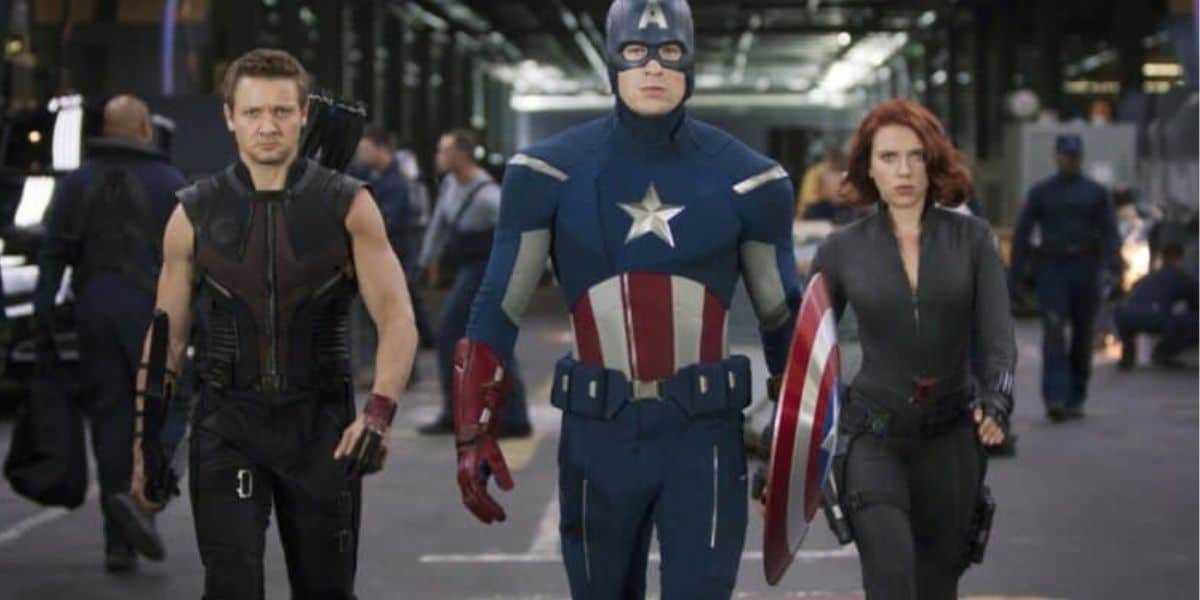Disney Ditches “Woke” MCU Direction and Aims to Win Fans Back
When Iron Man (2008) launched the MCU, every film felt like part of a grand plan. Characters had real arcs, action hit at the right moments, and humor tied it all together. The first Avengers (2012) cemented that sense of purpose—each movie was a puzzle piece that fit perfectly into the larger story.
Now? Many fans say the MCU has lost that magic. Instead of a carefully built saga, the last few years have felt disjointed. New faces appear so fast it’s hard to keep up, and the depth that once defined Marvel heroes is missing. Some point to an overemphasis on “woke” storylines and political themes as a reason the focus has shifted away from the kind of tight storytelling that used to define the brand.
Let’s examine some of the phase 5 mistakes before discussing Disney’s plan to fix the MCU in phase 6.

Agatha All Along
Agatha All Along (2024) was meant to be a fun, witchy spinoff from WandaVision, but many noticed something else. The show leaned into political and social commentary, with LGBTQ+ themes front and center—a trans pride flag in Billy Maximoff’s room and same-sex kisses between key characters.
For some, these were welcome touches of inclusivity. Others felt the political signaling overshadowed the plot, making the message seem more important than the magic.

Loki, Identity, and the Changing Face of Heroes
When Loki Season 2 arrived in 2023, Marvel continued portraying the God of Mischief as gender-fluid, a choice highlighted in marketing and plot points. While some viewers saw it as enriching the character, others thought it was another example of focusing on identity over the action-driven pacing that originally made Loki popular.
This tied into a broader complaint—many believe male characters in the MCU have been softened or sidelined in recent years, with Loki’s arc often mentioned as part of that conversation.

The Captain America Debate
Captain America: Brave New World (2025) stirred a different kind of controversy. The shield passed to Sam Wilson (Anthony Mackie) instead of Bucky Barnes—true to certain comics but divisive among fans. Some felt it was an unnecessary political move.
Mackie’s comments added fuel, stating he didn’t think “America” should be part of what Captain America represents. For those already skeptical, this hinted at a politically charged tone.
Plus, the movie itself just stunk. It’s not hard to see why it has only a 46% on Rotten Tomatoes. At least it outdid the 2015 Fantastic Four reboot, starring Miles Teller. Surely, Marvel can’t get worse than that.

Phase 5 Struggles
Political debates aside, many Phase 5 titles just didn’t land:
Secret Invasion fell flat despite its espionage promise.
Ant-Man and the Wasp: Quantumania felt like off-brand Star Wars, focusing more on Janet van Dyne than Scott Lang.
Echo came and went quietly.
Ironheart leaned on political themes without standout action.
The Marvels struggled to juggle multiple leads.
Daredevil: Born Again felt disconnected from its Netflix roots.
Guardians of the Galaxy Vol. 3 brought laughs but lacked the spark of its predecessor.

Glimpses of the Old Marvel
Not all was lost. Thunderbolts (2025) connected better with fans by naturally blending established characters with new ones. Though it still underperformed at the box office.
Deadpool & Wolverine (2024) brought humor, nostalgia, and familiar faces, landing closer to the formula that once made the MCU unbeatable—even if some thought it had too many characters and dragged at times.

A Return to Roots
Reports say Disney wants to restore the MCU’s former glory by:
Bringing back heroes audiences care about.
Using legacy characters meaningfully.
Introducing new faces gradually.
Making each story count.
Reviving the signature blend of humor, action, and interconnected storytelling.
With RDJ returning, there’s cautious optimism. Fans just hope it’s not empty talk—and that Marvel’s next chapter feels like coming home.





